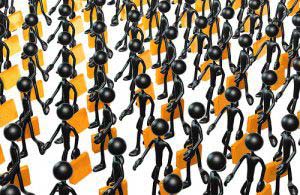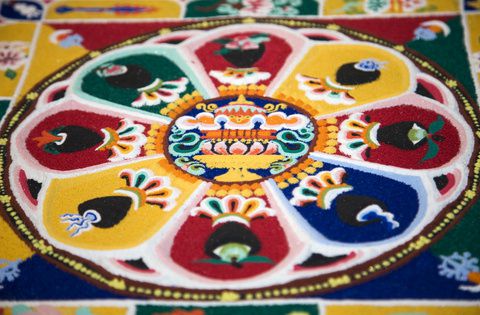
Jungian Psychotherapy on Job Search and Self Search
Does Jungian case studies with its emphasis on the Self have anything to do with job search? I emphatically believe that it does. The issue of job search actually takes us right inside some deep inner questions, if we let it. If we are open,…






